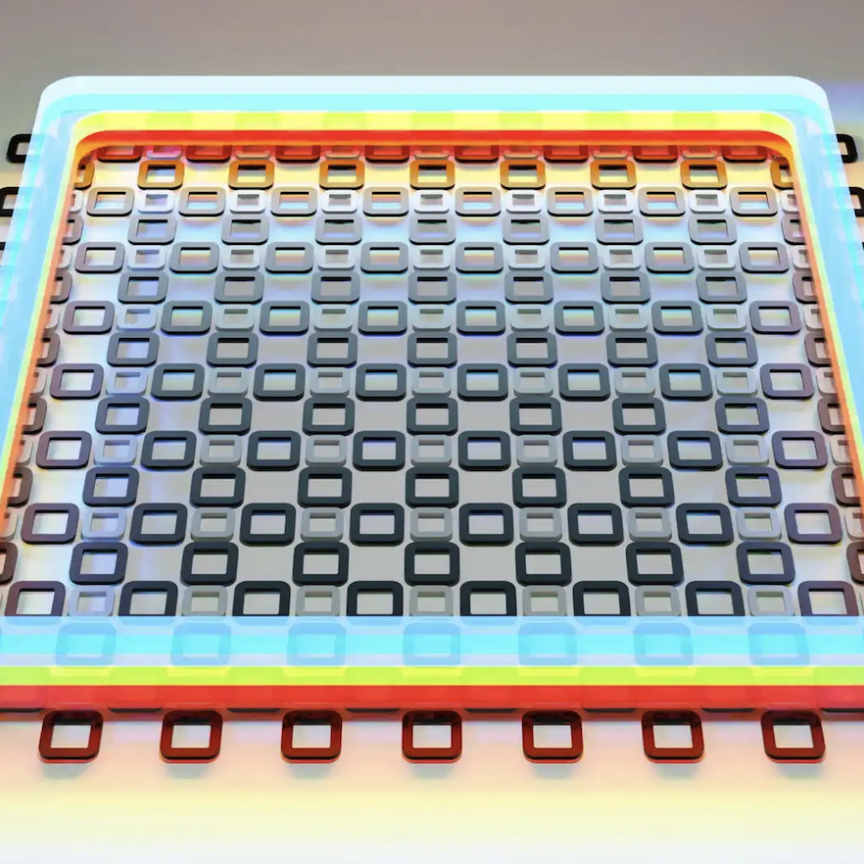A group of scientists at the National Cancer Institute (INCA) in Rio de Janeiro, Brazil, has shown that low-level laser therapy (LLLT) in certain cancer sufferers can reduce the occurrence of canker sores and improve the patient's quality of life.
Almost all patients suffering from head and neck squamous cell carcinoma (HNSCC) develop canker sores, a complication resulting from different modalities of treatment, namely stem cell transplantation, chemotherapy, and radiotherapy.
Canker sore is divided in five grades (zero to four) by the World Health Organisation (WHO), with severe cases (grades 3 and 4) being associated with pain, weight loss, poor quality of life, and higher hospital costs due to increased healthcare needs. Severe canker sore can also lead to treatment interruption, which may decrease the patient's chances of surviving the cancer.
The scientists at INCA, led by Dr Heliton Spindola Antunes, performed a definitive trial showing that LLLT reduces the occurrence of canker sore in HNSCC patients undergoing concurrent chemoradiotherapy.
The trial was performed with 94 HNSCC patients undergoing chemoradiotherapy. They were divided into two groups of 47 individuals, one of which received LLLT while the other received a placebo.
Researchers observed a significant difference in the incidence of canker sore grades 3 and 4 between groups. For instance, while in the group of patients receiving LLLT only three patients developed severe cases of canker sore, in the group receiving the placebo this number was 19.
There were also significant differences in the absence of canker sore (grades 0-1), with the LLLT group having 59.6 per cent of patients free of canker sore as opposed to 21.3 per cent in the placebo group.
The LLLT group had less severe oral pain and, as a result, used fewer opioid analgesics. They were also less likely to require gastrostomy (a surgical opening into the stomach for nutritional support) throughout the cancer treatment.
‘For ethical reasons,’ said Dr Antunes, ‘all patients who developed canker sore grades 3 or 4 in the placebo arm were then offered the option of receiving LLLT. They all improved to grade 2 or lower, supporting the evidence that LLLT is an effective choice to prevent or treat canker sore in these patients.’
The article, entitled: 'Phase III trial of low-level laser therapy to prevent oral mucositis in head and neck patients treated with concurrent chemoradiation', has been published in Radiotherapy and Oncology.

